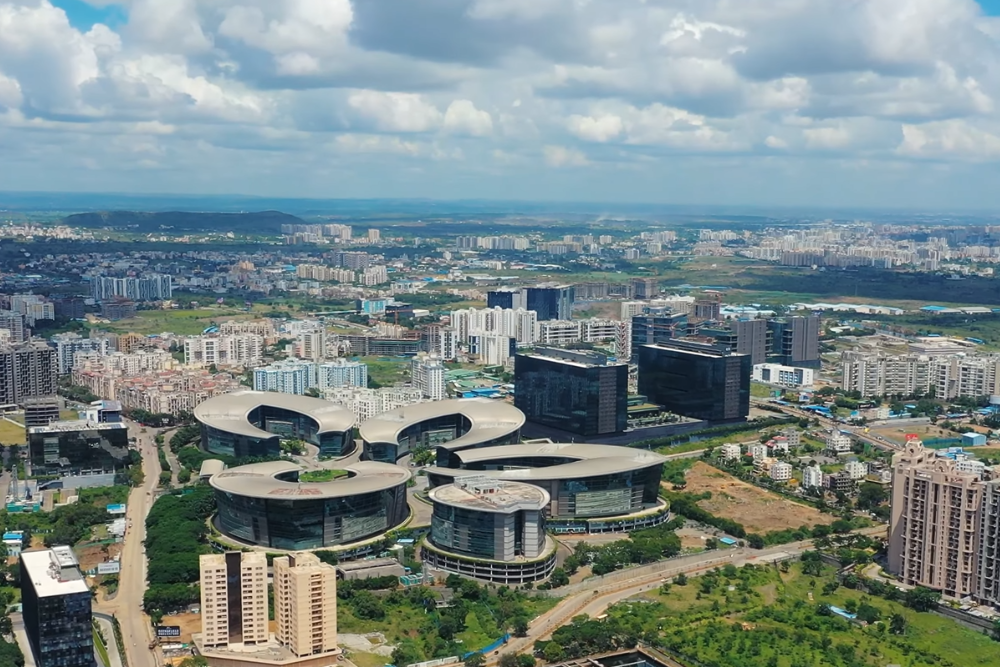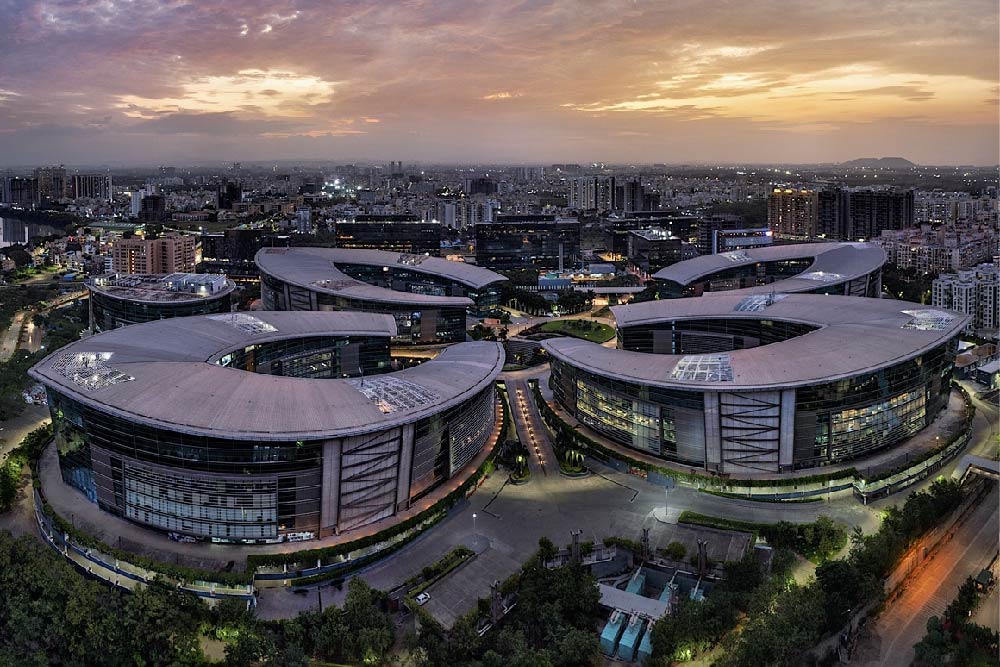
Investing in real estate is a significant decision for homebuyers in India. Real estate constitutes an appreciable percentage of most people’s wealth. The real estate market in India is influenced by various dynamic factors that drive property price fluctuations. All these factors affecting property prices in India are very important for homebuyers and investors to understand to navigate this complex scenario and make the right decisions. It attracts as well as creates huge opportunities for investors because of the size and scale of this real estate market.
In this article, we will discuss and analyze the main factors affecting property prices in India.
Market Outlook FY 2024-25
Experts predict moderate growth for the Indian real estate market. ICRA and Colliers suggest a shift from last year’s rapid expansion to steadier progress. ICRA anticipates price stabilization, while Colliers highlights infrastructure projects and economic recovery as key drivers of resilience.
The seven major metros—Mumbai, Delhi NCR, Bangalore, Chennai, Pune, Hyderabad, and Kerala—are set to experience varied growth:
- Mumbai:: 5–8% rise, driven by metro expansion and coastal projects.
- Bangalore & Hyderabad: Increases of 6–9% and 7–10%, respectively, due to the IT boom.
- Chennai & Pune: Expected gains of 5–7% and 6–8%, aided by residential demand and metro expansions.
- Kerala: : 3–5% growth from NRI investments and tourism.
(Source: CBRE India, JLL India, Colliers)
Factors Driving Property Prices in India
Economic Growth
The nexus between economic growth and property prices is well-established. India’s real GDP expanded by 7.2% in FY23, the highest among major economies, fueling real estate demand. Q1 2024 saw record residential sales with 74,486 units sold, driven by large-scale projects, smart city initiatives, and urban renewal programs.
Interest Rates
Interest rates are a key determinant of property pricing factors to consider. Lower rates reduce borrowing costs, boosting demand, while higher rates may curb it. RBI’s 2024–25 monetary policy aims to balance inflation and growth, shaping housing market trends accordingly.
Government Policies and Incentives
Government policies directly impact the supply-demand curve of the real estate market in India. Policies like the Real Estate (Regulation and Development) Act (RERA), 2016 have increased transparency, boosting buyer confidence. The Pradhan Mantri Awas Yojana (PMAY) and GST reductions on under-construction properties enhance affordability, stimulating investments in new developments.
Urbanization and Population Growth
With 600 million people expected to live in cities by 2030 (40% of India’s population), housing demand is on a continuous rise. Bangalore, Hyderabad, and Pune are key beneficiaries, driven by industrial growth and skilled professional inflows.
Location and Infrastructure Development
The quality of infrastructure is another factor that determines property value and trends. Areas well connected with transport, educational institutions, and health facilities attract a premium. Infrastructure projects like the Mumbai Trans Harbour Link and Bangalore’s Namma Metro are expected to raise property prices by 20–30% in adjacent areas, highlighting the importance of connectivity for real estate appreciation.
Supply and Demand Dynamics
Building material costs (steel, cement, labor) influence property pricing factors to consider. Developers often pass these increases to buyers, especially in high-cost cities like Mumbai, where land acquisition also inflates prices.
Employment Opportunities and New Job Creation
Job growth in IT and finance sectors, especially in Bangalore, Hyderabad, and Pune, increases housing demand. The Indian IT market is expected to reach $19.93 billion by 2025, further boosting residential real estate./p>
Development of Industry
Industrial corridors like the Delhi-Mumbai and Chennai-Bangalore are enhancing property values in surrounding areas, supported by job creation and infrastructure improvements.
Regional Real Estate Trends
Property price trends vary significantly across different regions, influenced by factors such as local economic activity, infrastructure development, and the regulatory environment. Pune’s residential market claimed a substantial 16% of new residential launches across India’s top cities in Q2 2024 — adding around 18,900 units and marking a steady 1% quarterly increase.
Understanding the several factors affecting property prices in India is very important for homebuyers and investors planning to invest in the real estate market in India. Staying informed about these factors is key to capitalizing on opportunities and navigating potential challenges.
For those looking to deepen their understanding and make informed decisions in this dynamic environment, consulting with experts in the field can be invaluable. SQUAREA offers insights that can help you navigate these complexities and align your investments with market trends.






